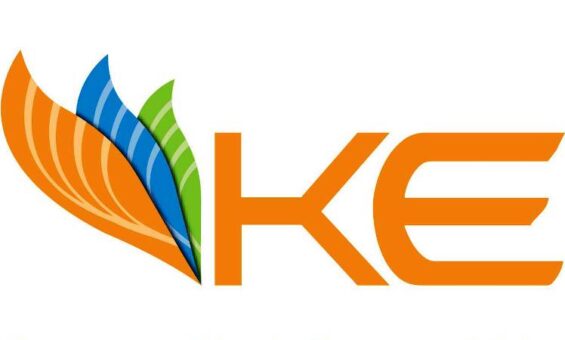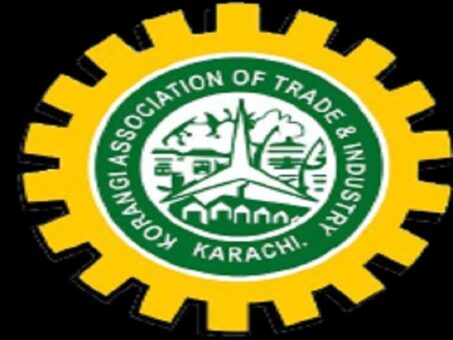KARACHI: Pakistan Yarn Merchants Association (PYMA) on Thursday demanded the government of exempting demurrage and detention charges on stuck-up consignments due to not opening of Letter of Credit (LC).
(more…)Category: Trade & Industry
This section covers news on trade and industry. Pakistan Revenue is committed to providing the latest updates on business trends.
-

K-Electric fails to improve power generation: NEPRA Chief
KARACHI: Touseef Hassan Farooqi, Chairman, National Electric Power Regulatory Authority (NEPRA) has said that K-Electric failed to improve power generation.
(more…) -

KATI fears further inflation with planned petroleum levy rise
KARACHI: Korangi Association of Trade and Industry (KATI) has expressed fears that planned enhancement in petroleum levy for further increase inflationary pressure.
(more…) -

Turkiye sees more investment opportunity in Pakistan
KARACHI: Commercial Attaché of the Republic of Turkiye Eyyup Yildirim has said that several Turkish companies have invested around $2 billion in numerous sectors of Pakistan’s economy
(more…) -

Banks refuse opening LCs despite condition withdrawal: KCCI
Karachi Chamber of Commerce and Industry (KCCI) in a statement issued on Thursday stated that banks are refusing opening the Letter of Credit (LCs) for import proceeds despite condition withdrawal by the central bank.
(more…) -

FBR plans achieving annual target through broadening tax base
KARACHI: Federal Board of Revenue (FBR) is working hard to broaden the tax base for achieving Rs7.5 trillion collection target for fiscal year 2022/2023.
(more…) -

Pakistan Customs to launch module to link international prices for updated valuations
KARACHI: Pakistan Customs is set to launch a module which will link with the international markets to reflect updated prices for making accurate customs valuations.
(more…) -

Karachi Chamber demands deferring date for payment under Section 7E
Karachi: The Karachi Chamber of Commerce and Industry (KCCI) has urged the authorities to extend the deadline for payment under Section 7E of the Income Tax Ordinance, 2001.
(more…) -

Karachi Chamber warns mass job cuts due to economic crisis
KARACHI: Karachi Chamber of Commerce and Industry (KCCI) on Friday warned the government of mass job cuts due to prevailing economic crisis.
(more…) -

Pakistani exporters fear order cancellation
KARACHI: Now the situation is that the orders of the exporters are feared to be cancelled due to which Pakistan will lose its reputation in the global market.
(more…)
